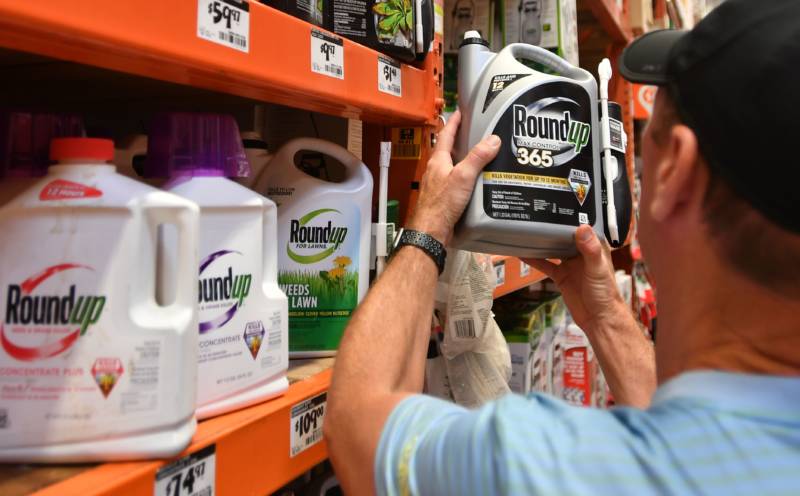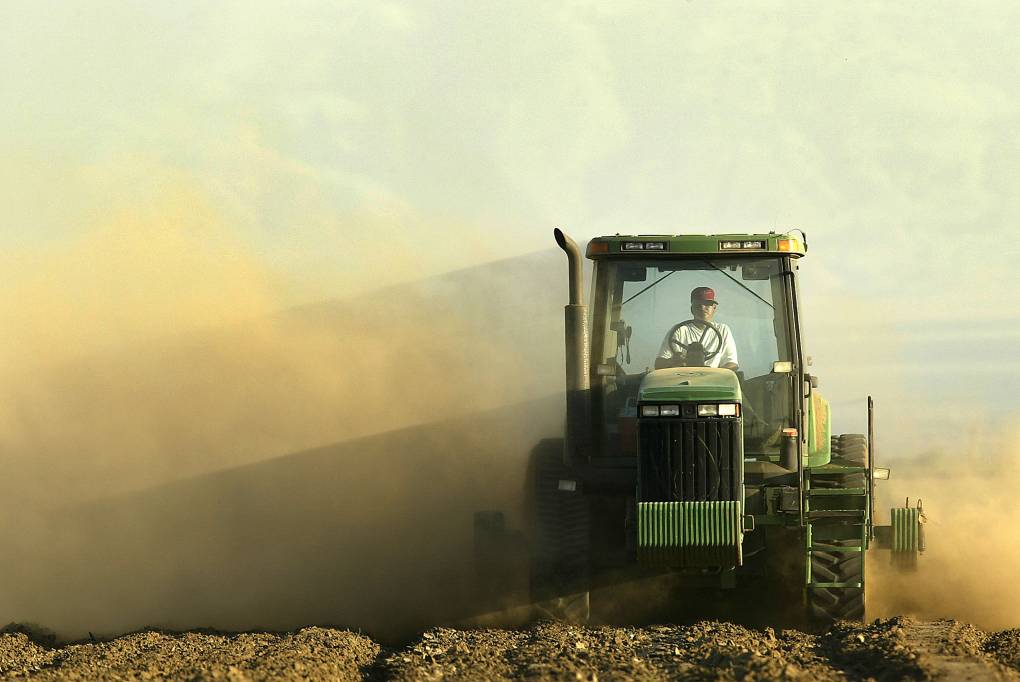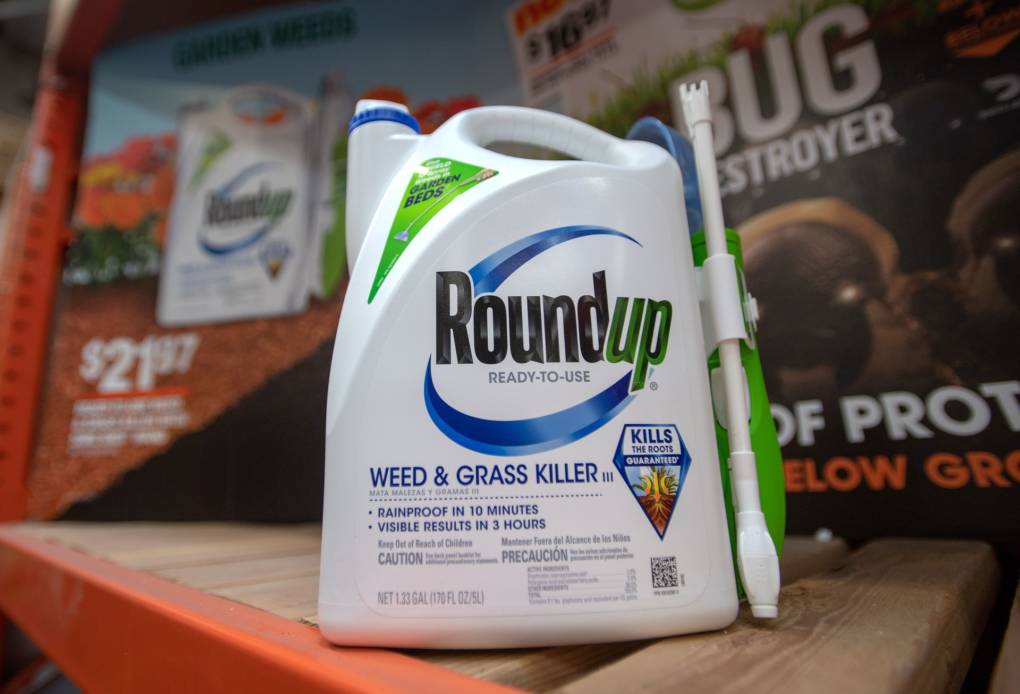A U.S. jury on Wednesday awarded $80 million in damages to a North Bay resident who blamed Roundup weed killer for his cancer, in a case that his attorneys say could help determine the fate of hundreds of similar lawsuits.
The six-person jury in a San Francisco federal court returned its verdict in favor of Edwin Hardeman, 70, who said he used Roundup products to treat poison oak, overgrowth and weeds on his Sonoma County property for years, and was never adequately warned of its potential dangers. The same jury previously found, in a unanimous verdict, that Roundup was a substantial factor in Hardeman's non-Hodgkin's lymphoma.
Monsanto said it would appeal the jury award.
Agribusiness giant Monsanto, which was purchased last year by Bayer AG for $63 billion, says studies have established that the active ingredient in its widely used weed killer, glyphosate, is safe. The company said it will appeal.



